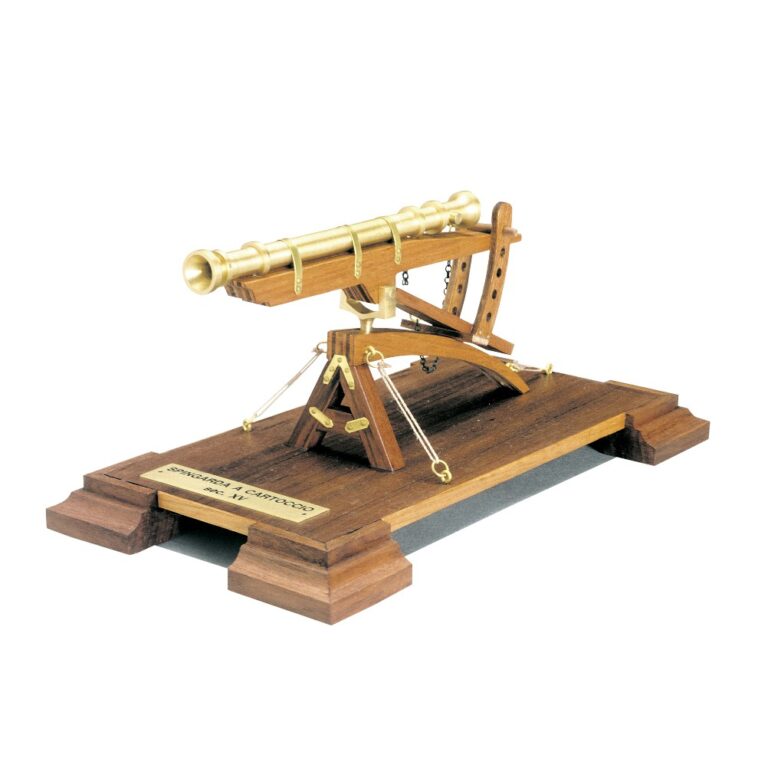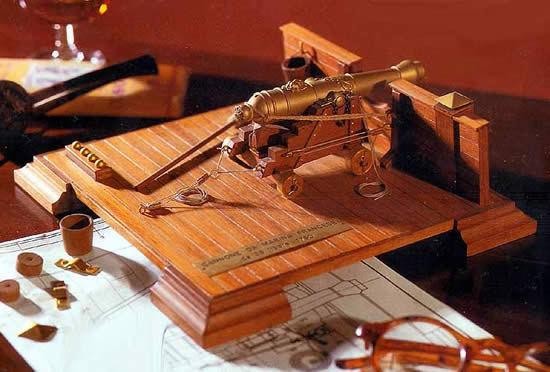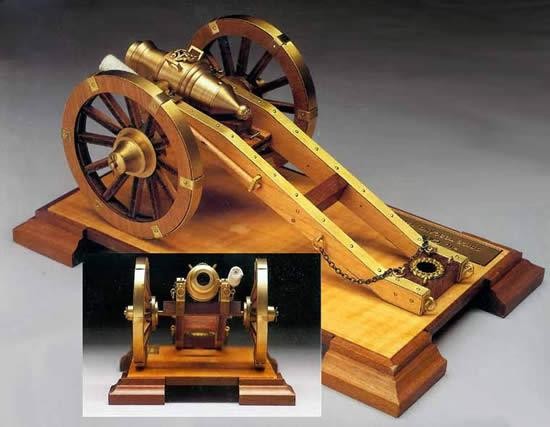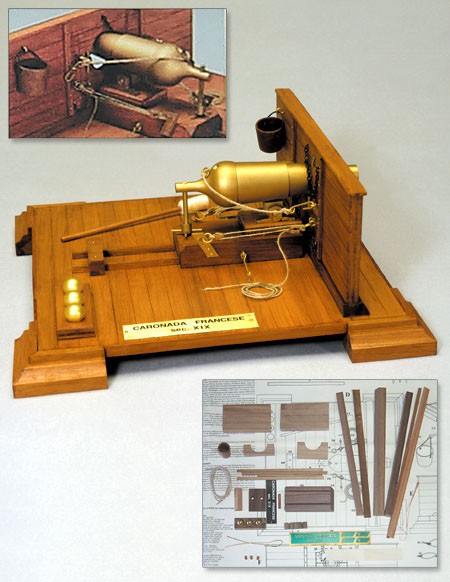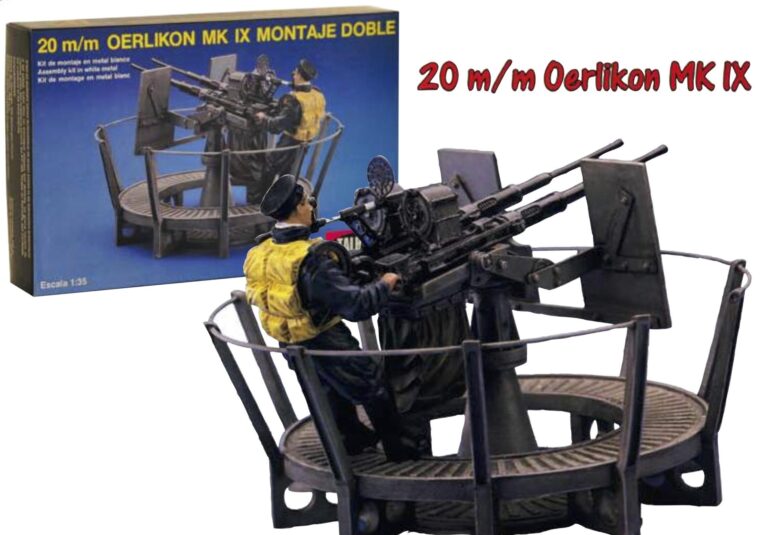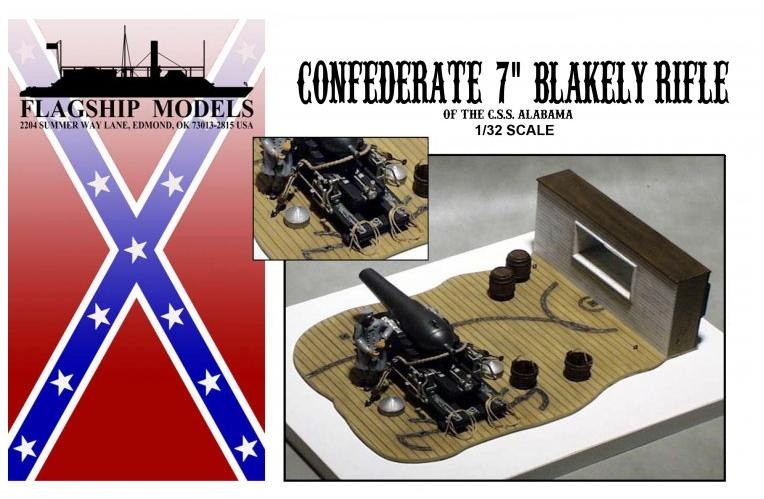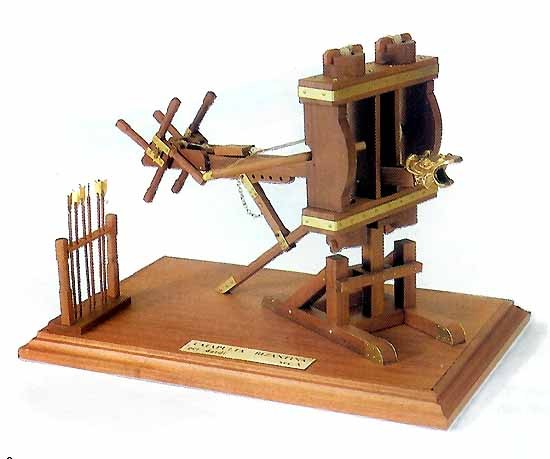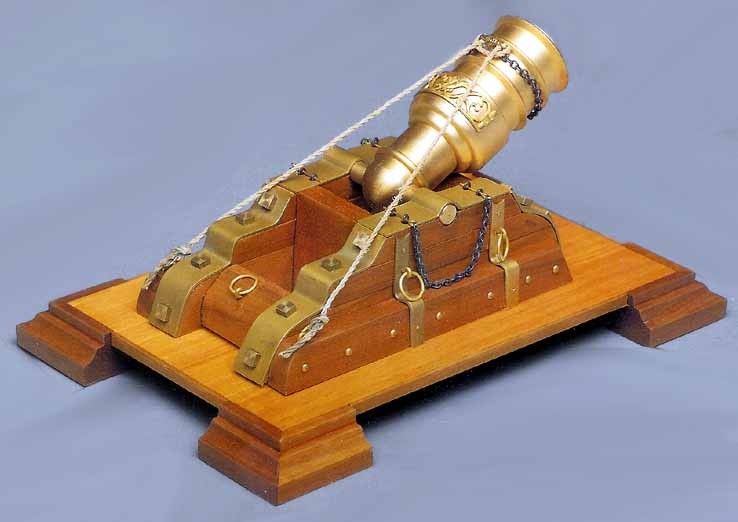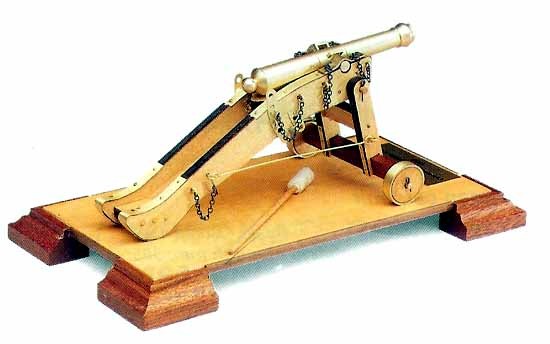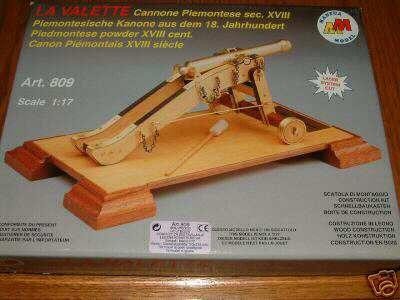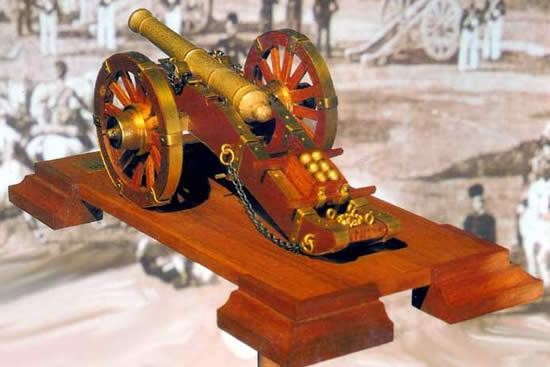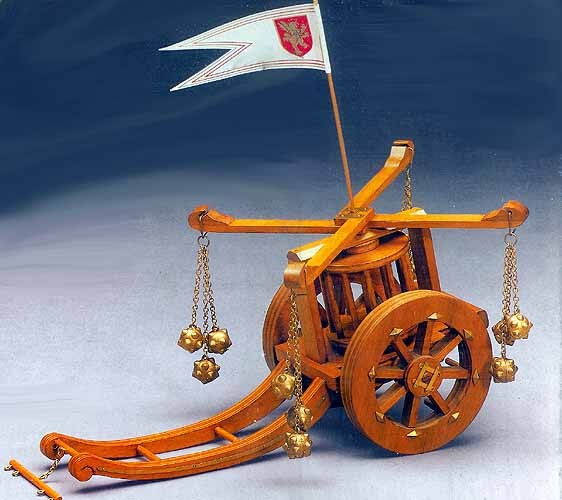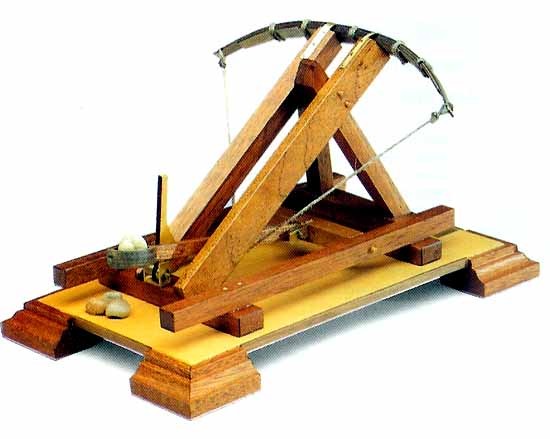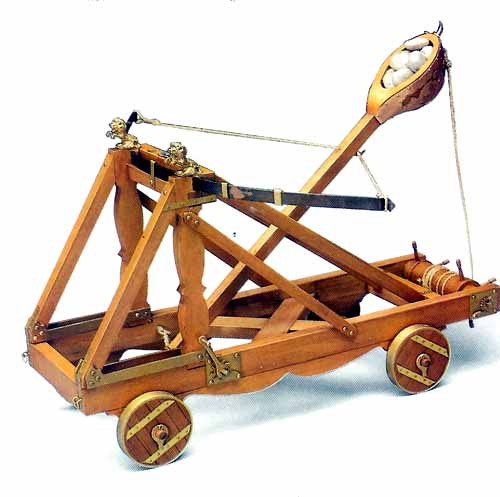Cannons, Siege Engines, Mortars, and Anti-Aircraft Cannons
Cannons, siege engines, mortars, and anti-aircraft cannon are powerful and versatile weapons that have been used in warfare throughout history. Cannon, also known as artillery guns, are large, heavy firearms that launch projectiles at high speeds over long distances. They first emerged in the 14th century and revolutionized warfare, allowing armies to attack from a safe distance and break through fortified defenses. Early cannons were made of bronze and fired stone or iron balls, but over time, advancements in technology led to the development of more accurate and powerful cannons made of steel.
Siege engines, on the other hand, are a type of weapon used specifically for besieging and breaking through fortified structures. These include trebuchets, catapults, and battering rams, which were used to hurl heavy objects or ram through walls and gates. These machines were often massive in size and required a team of people to operate them. They were crucial in medieval warfare and helped to overcome the strong defenses of castles and fortresses.
Cannons, Siege Engines, Mortars, and Anti-Aircraft Cannons
Mortars are similar to cannons in that they are also artillery weapons, but they are designed to fire explosive shells at high angles, making them ideal for attacking targets behind cover or within fortifications. Mortars first appeared in the 16th century and were used extensively in World War I and II. They are still used in modern warfare, especially in urban combat, where they can be fired from a distance to destroy buildings or enemy positions.
Anti-aircraft cannons, as the name suggests, are weapons specifically designed to shoot down enemy aircraft. These cannons first emerged in World War I as a response to the threat of enemy airplanes, and they have since evolved into highly sophisticated weapons capable of shooting down fast-moving targets with great accuracy. Anti-aircraft cannons come in various sizes and calibers, from small handheld weapons to massive guns mounted on naval ships or on the ground.
In modern warfare, these weapons have become even more advanced and are often equipped with radar and computer systems to track and target enemy aircraft. They play a crucial role in protecting ground troops and strategic targets from aerial attacks.
In conclusion, cannon, siege engines, mortars, and anti-aircraft cannons have played significant roles in shaping the course of warfare throughout history. From breaking through fortified defenses to shooting down enemy aircraft, these powerful weapons have continuously evolved and adapted to the changing needs of warfare. While they may be seen as destructive tools of war, they have also been crucial in protecting and defending against enemy attacks.


